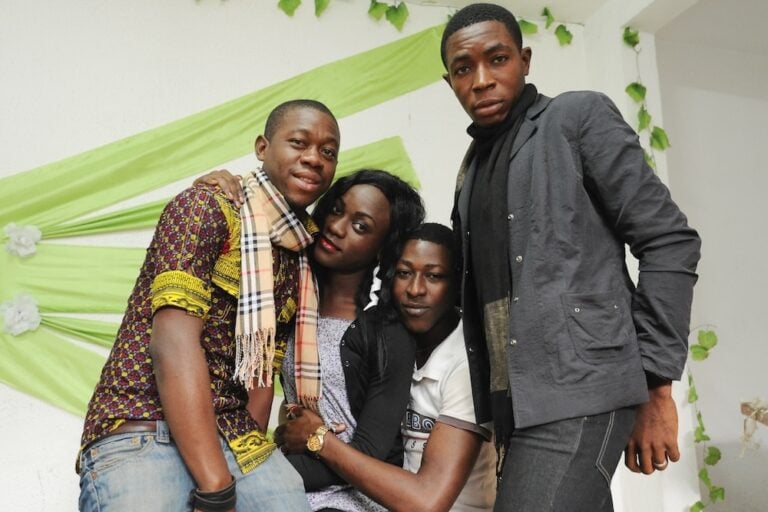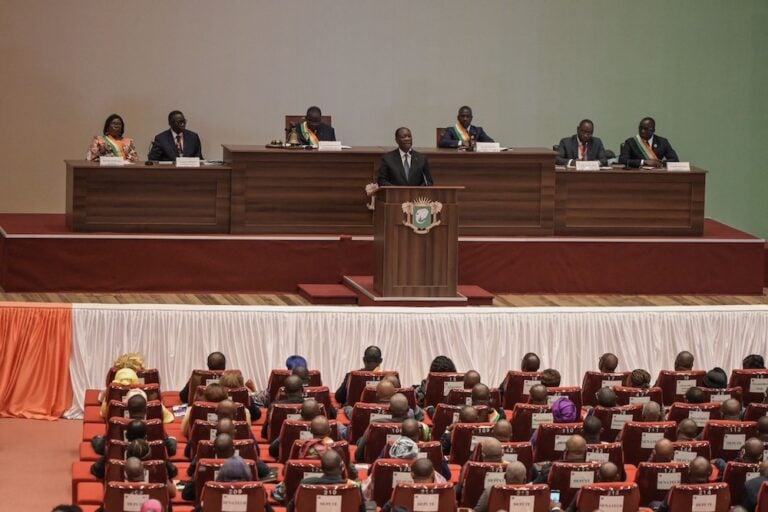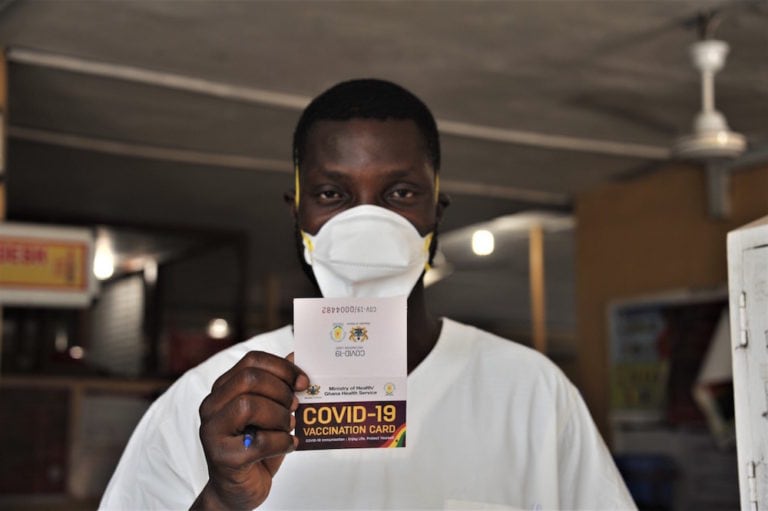The communication minister set the tone by saying "the end of tolerance was a self-defence measure" and calls for sedition or insurrection would henceforth be "punished harshly."
(RSF/IFEX) – Reporters Without Borders is deeply disturbed by a clampdown on the media by Laurent Gbagbo’s government. The leadership of the National Press Council (CNP), which regulates the print media, has just been replaced by Gbagbo supporters; the UN radio station, Onuci FM, has had its permit withdrawn; and many journalists are still exposed to the threat of violence.
“Laurent Gbagbo’s government has just taken over the CNP, a regulatory body known for being serious and impartial,” Reporters Without Borders secretary-general Jean-François Julliard said. “It has seized control in an arbitrary and politically-motivated move. Given the political affiliation of the people co-opted by the Gbagbo camp to replace its leadership, we fear the CNP will cease to perform its regulatory function and will henceforth be used to punish opposition journalists and media harshly, and to protect media that are loyal to Gbagbo.”
Julliard added: “A manoeuvre of this kind is liable to set Côte d’Ivoire back 20 years in terms of respect for media freedom.”
The CNP’s president, Eugène Dié Kacou, and its entire board of governors were fired by a presidential decree signed by Gbagbo on 4 February 2011. Kacou has been replaced by Débi Dally, who, as head of the Ivorian Press Agency (AIP), fired AIP journalists for covering a march on the state-owned Radio-Télévision Ivoirienne (RTI) organised by the opposition Houphouëtiste Rally for Democracy and Peace (RHDP) on 16 December 2010.
Several journalists who are members or known supporters of Gbagbo’s party, the Ivorian Popular Front (FPI), have been appointed to the CNP. They include César Etou, the editor of the pro-Gbagbo newspaper “Notre Voie”, and N’Goran Aliali, the publisher of “Le Quotidien”, a newspaper funded by Gbagbo’s son-in-law, Stéphane Kipré. Armand Bohoui, a member of first lady Simone Gbagbo’s staff and a former “Notre Voie” journalist, has also been appointed to the CNP.
Kacou was fired despite the fact that he was appointed for an irrevocable three-year period in 2009. The Ivorian authorities have provided no official reason for his dismissal but have openly accused the CNP of being too soft on the opposition press.
Gbagbo’s communication minister, Ouattara Gnonzié, set the tone by telling Radio France Internationale that “the end of tolerance was a self-defence measure” and that calls for sedition or insurrection would henceforth be “punished harshly.”
Without even notifying the management of the Côte d’Ivoire branch of the French TV channel Canal+, Gnonzié gave orders for the Canal+ equipment stored at a transmission centre in the Abidjan district of Abobo to be requisitioned for three months from 8 February.
The broadcasting permit of Onuci FM, the radio station operated by the United Nations peace-keeping mission in Côte d’Ivoire (ONUCI), was cancelled on 9 February. “The frequencies assigned to ONUCI as part of the execution of its mandate in Côte d’Ivoire are withdrawn,” the National Council for Broadcasting Communication (CNCA) said in a communiqué that was read out on RTI.
Finally, Reporters Without Borders reiterates its concern about two journalists employed by Télévision Notre Patrie (TVNP) – a TV station that supports the former rebel New Force – who have been held at the gendarmerie’s criminal investigation department since their arrest on their arrival in Abidjan on 28 January. The two journalists, Abou Sanogo and Gnahoré Charly, are charged with “rebellion” and “threatening national security.”
Reporters Without Borders has been told that they were hit with rifle butts at the time of their arrest at Abidjan’s air-base and were subjected to other forms of mistreatment, including having lighted cigarettes stubbed out on their bodies.
Local retransmission of the French TV news channels TV5 and France 24 is meanwhile still suspended.


